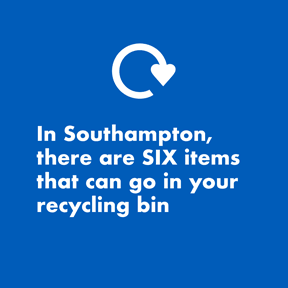Domestic violence and Children’s Services
What is domestic violence?
Domestic violence (also known as domestic abuse) means any threats, violence, controlling or coercive behaviour that takes place between family members or people aged over 16 who are in a relationship with each other (or have been in the past).
Domestic violence can happen regardless of social group, class, age, race, disability or sexuality of the individuals involved.
Domestic violence may include the following types of abuse:
- Psychological
- Physical
- Sexual
- Financial
- Emotional
You can find more information on our domestic abuse pages.
Responding to domestic violence incidents
Children’s Services will become involved in cases of domestic violence where the household:
- Includes a pregnant woman
- And/or children are present or members of the household and are at risk of significant harm
In some cases we will already be working with the child and their family, so we hear about the incident directly. In other cases, we are told by the police after they attend an incident of domestic violence where a pregnant woman or a child/children are present.
How do partners work together?
When the Police are called to a household because of a reported domestic violence incident, the attending officer completes a DASH (Domestic Abuse, Stalking & Honour Based Violence) risk assessment. When a pregnant woman or a child (or children) are present, Children’s Social Work Service is notified and the DASH risk assessment is shared.
In addition to a planned daily meeting, domestic violence safeguarding discussions take place between police colleagues and social work managers as required during the day. Discussions focus on whether a child/children or unborn child is at risk of significant harm or if there is the likelihood of significant harm. They consider the detail of the presenting incident and the DASH risk assessment along with historical information.
If this is the case, the Childrens Resource Service will progress to social work teams for further assessment. All referrals are dealt with in line with the Southampton Safeguarding Procedures available from the Southampton Safeguarding Children Partnership.
If it is decided that the family does not require a social work response or assessment but might benefit from universal or Targeted Services, information will be shared with the relevant practitioner at a local level. Where there is high risk to the adult, consideration may be given to a referral to a Multi–Agency Risk Assessment Conference (MARAC).
What should practitioners do?
Practitioners should be mindful of the possibility of domestic violence when working with families. They should contact Duty and Advice if they are aware of an incident of domestic violence where a pregnant woman or children are present or members of the household and they are at risk of harm.
In emergencies or where a crime is suspected, the police should be contacted immediately.
Find more information for professionals on our domestic abuse pages.


